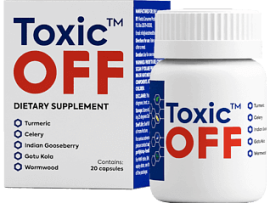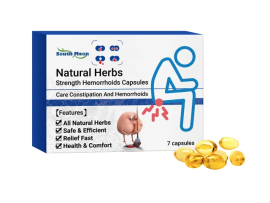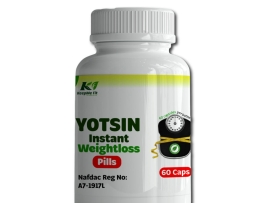Some supplements, including magnesium and probiotics, may help relieve constipation. But they can also cause side effects.
Constipation affects up to 20% of adults worldwide and can significantly affect quality of life. Its symptoms include infrequent bowel movements, hard feces, frequent straining to poop, and the sensation of incomplete emptying
Organic Prebiotic Blend
★ Delayed-Release Acid-Resistant Pills
★ Protection from the harsh, acidic environment in your stomach to get to the digestive tract
Healthcare professionals typically treat constipation with lifestyle changes, laxatives, and medications.
In certain cases, a healthcare professional may prescribe treatments such as biofeedback therapy, surgery, or transanal irrigation with a water enema.
In addition to these treatments, evidence suggests that certain supplements may help reduce constipation symptoms.
When To See A Doctor
Even though most people experience occasional constipation, this condition is sometimes serious and may require medical attention.
It may be a symptom of an underlying health condition such as hypothyroidism, colorectal cancer, or bowel disease.
Constipation that passes quickly and isn’t severe typically isn’t a cause for concern.
However, if your constipation doesn’t improve with dietary changes such as drinking more water and increasing your fiber intake, or if you have a family history of colon cancer, you should consult your doctor.














